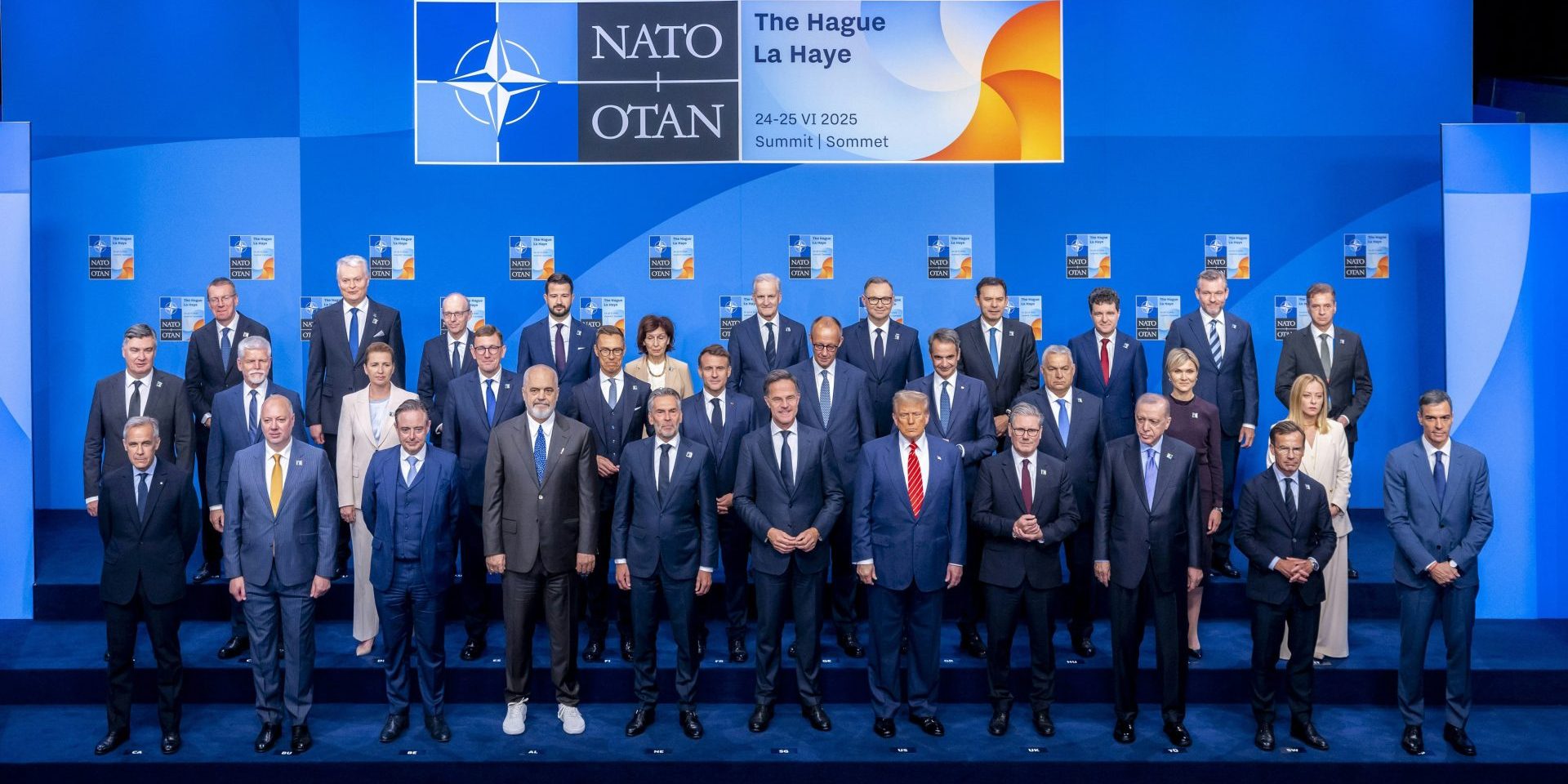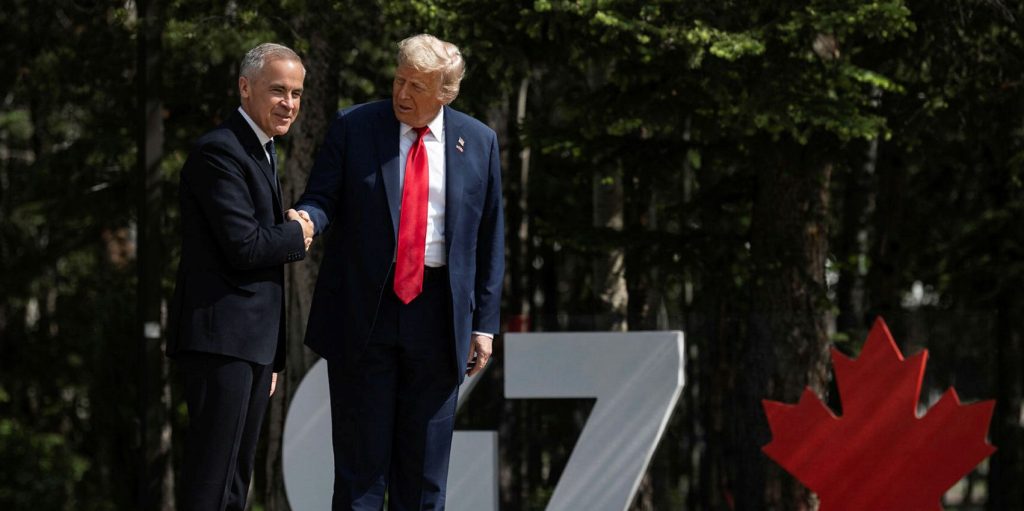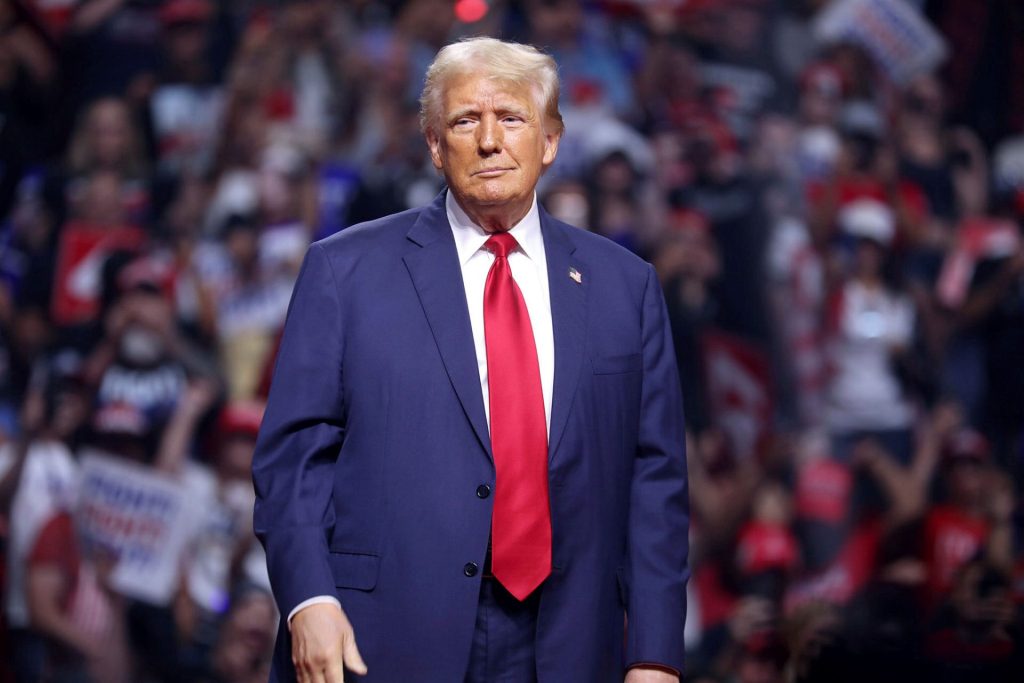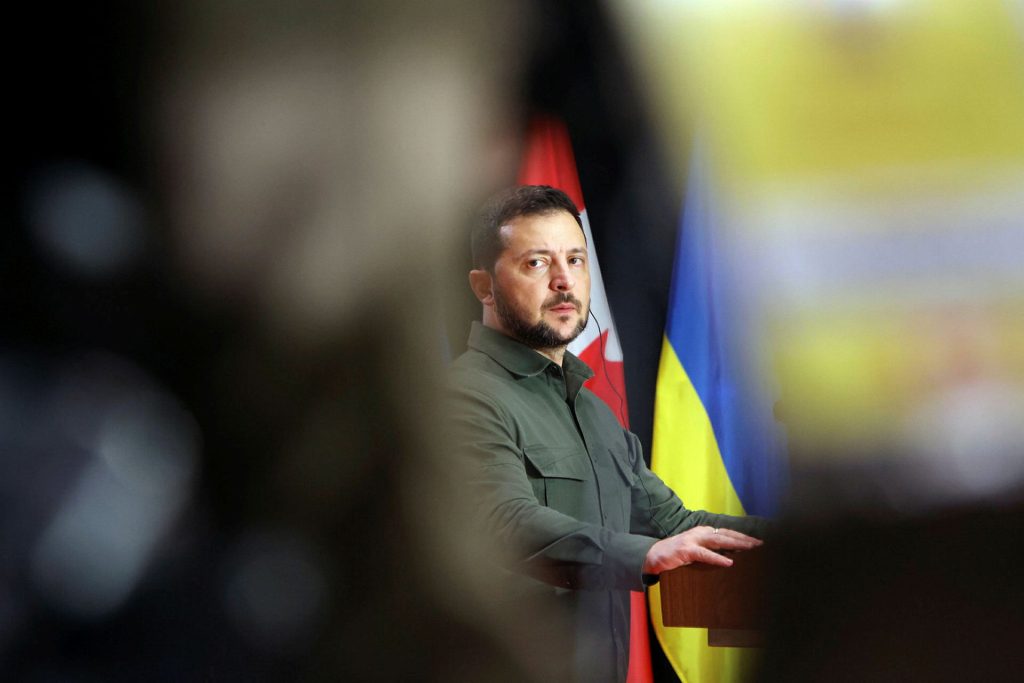NATO summit ‘not a disaster’ on the Trump front, but a ‘piece of theatre’ otherwise

This week’s gathering of NATO leaders ended with the alliance still intact, and the United States still on board. It avoided drama with U.S. President Donald Trump, with members offering to increase their defence spending to five per cent of GDP by 2035.
The Hill Times spoke with defence policy experts to get their take on the summit’s accomplishments. The University of Ottawa’s Srdjan Vucetic called the agreement among the allies—except Spain—to increase the defence allocation a “bespoke deal to placate the American president.”
The new target sets 3.5 per cent of spending on core defence needs, like buying ammunition and drones, and the remaining 1.5 per cent on defence-related expenses. Prime Minister Mark Carney (Nepean, Ont.), too, signed Canada up for the pledge, and at a press conference said that the 1.5 per cent portion would include investments in areas like critical minerals that Canada would be making anyway.

Vucetic noted this leaves some space for “creativity,” but questioned how Canada would pay for any of this given the country’s current priorities.
The former chief executive of the European Defence Agency, Nick Witney, hailed the summit for avoiding the disaster that was the 2018 summit in Brussels. That year, Trump left the opening day after asking NATO members to increase their defence budgets to four per cent of the GDP, and floated concerns about America pulling out of NATO.
“It was just a piece of theatre … In a sense, it was a problem that got out of the way,” Witney said about countries accepting the five-per-cent spending limit.
In his write up for the European Council on Foreign Relations, Witney argued that the move may mean that Europe risks “rearming at an unsustainable pace,” wasting resources and creating political instability in countries that already have high levels of debt, without delivering “real security.”
Carney has hinted that more money for defence would mean there could be cuts in other areas. British Prime Minister Keir Starmer, too, has maintained that his country will pay for the added defence expense by 2027-28 out of its share of foreign aid.
Another price to pay for the group’s unity, Witney noted, was the “humiliating” flattery of Trump that NATO Secretary General Mark Rutte resorted to. Screenshots of texts by Rutte, released by Trump on Truth Social, showed Rutte showering him with praise for acting tough on Iran.

“The key attribute of any diplomat is the endless ability to swallow insults,” he said. “If you have to degrade yourself in order to get a practical result, then you do it. Mark Rutte did that.”
Vucetic added that, in his view, spending more cash on defence is also a necessity for Canada’s own security, especially in the Arctic, and the country must prepare itself for the future.
“If you look at both old and new military technologies, then we will be struggling to keep up with sovereignty protection in the Arctic,” he said. “Whatever you think of the threats today, in a sense, is less important than what comes five to 10 years from now.”

Rutte, and most recently Ukrainian President Volodymyr Zelenskyy, warned that Russia is rearming itself, and will be prepared to attack a NATO country in five years. As per Witney, this estimate is the “worst case scenario” evaluated by military and intelligence agencies, and it may not exactly mean five years from today, as Russia is burning resources on Ukraine currently.
Both Vucetic and Witney agreed that the NATO statement this year was kept brief, and did not reflect all the priorities that it generally covers, like China, the Middle East and climate security.
While members reiterated their support for Ukraine, the statement did not criticize Russia outright, aside from labelling it as a threat to Europe.
The prospect of Ukraine joining NATO was not mentioned during the summit, as Trump has shifted that conversation to finding ways to end the war.
“The marginalization of the Ukraine issue confirms the Americans are in the process of abandoning Ukraine,” said Witney. “I think that’s ghastly, but that wasn’t a product of the summit… It’s where we are.”
A version of this piece first appeared in Politics This Morning, your go-to source for insider news, analysis, and updates on where all the key political players are that day. Get more insider coverage directly to your inbox from The Hill Times‘ editor Peter Mazereeuw and reporter Riddhi Kachhela in this subscriber-only daily newsletter. Sign up here.
The Hill Times






 LICENSING
LICENSING PODCAST
PODCAST ALERTS
ALERTS













